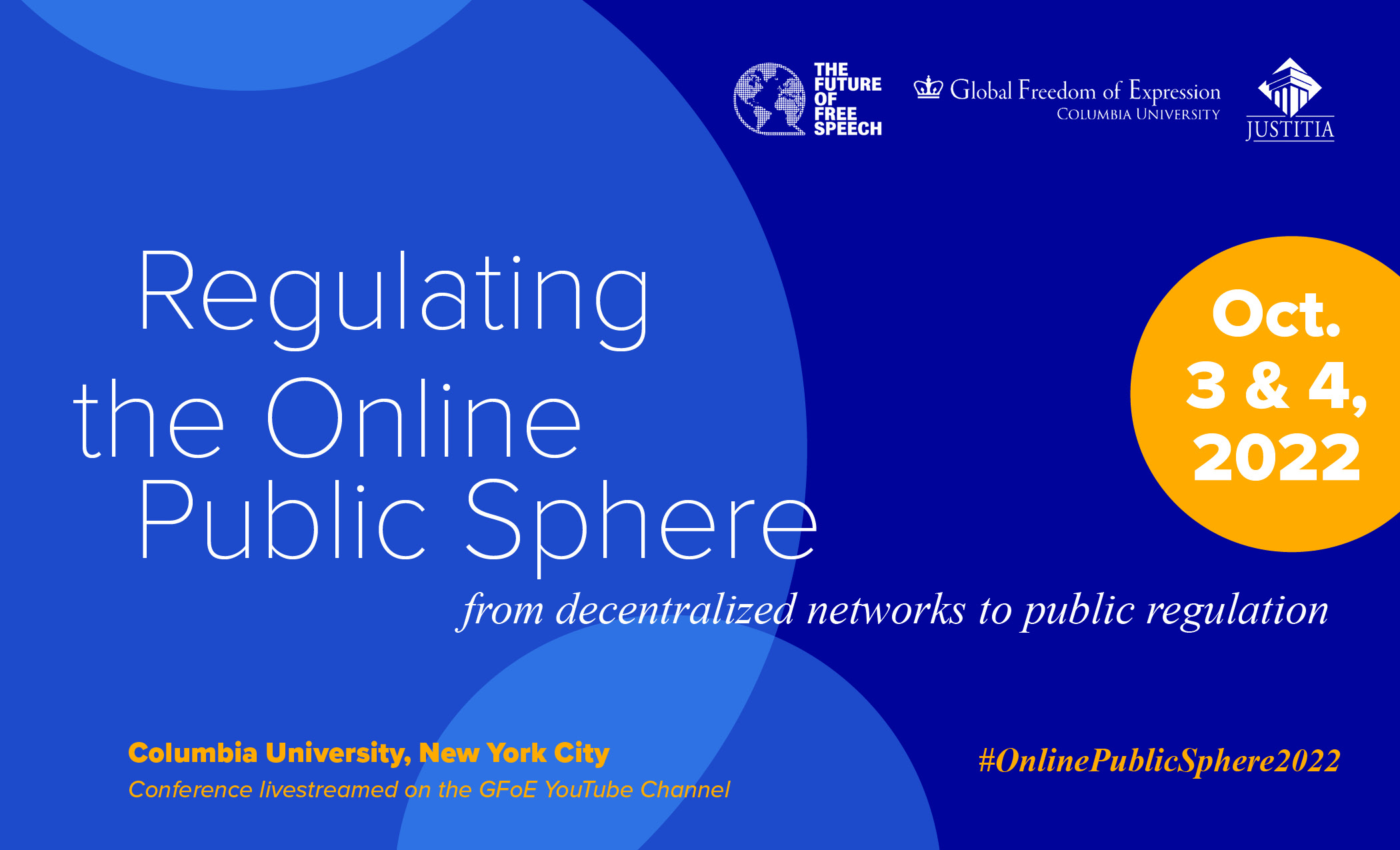Faced with this new reality, platforms have expanded their powers by implementing new community rules online while also substantially increasing the amount of content they remove. In this context, legitimate claims have arisen that must be addressed regarding, on the one hand, the proliferation of speech that cause damage to people without sufficient remedies and, on the other hand, an “over”moderation of content by the platforms that is opaque, which can exclude content that is protected by freedom of expression from the digital conversation. Therefore, it is essential to discuss the existing regulatory options including recent legislatives proposals, the Texas Social Media Law, the proposals promoted by presidents such as Jair Bolsonaro in Brazil, and the Digital Services package in Europe.
Consequently, the second day of the conference will analyze the distinct alternative approaches to the regulation of online speech between the U.S., Europe and Latin America. The panels will focus on the advantages of different regional regulatory approaches, on state and private speech regulation, on regulation through procedural and transparency duties, and situate online speech regulation within the challenges of ensuring human rights and social cohesion in digitalized communication spaces. The discussion will also include existing proposals for regulated self-regulation and compare and contrast regional case-law.
Session IV
These panels seek to analyze the distinct alternative approaches to the regulation of online speech between the U.S., Europe and Latin America. The panels will focus on the advantages of different regional regulatory approaches, on state and private speech regulation, on regulation through procedural and transparency duties, and situate online speech regulation within the challenges of ensuring human rights and social cohesion in digitalized communication spaces.
Session V & Session VI
The Meta Oversight Board was created to help “answer some of the most difficult questions around freedom of expression online: what to take down, what to leave up and why”. The Board can also make policy recommendations for changes in the way that the company operates its community standards and practices. One of the key tasks of the Board is to assess consistency between content decisions taken by Facebook and Instagram and their own internal (private) principles and rules. The overview of the decisions adopted so far by the OSB shows that the Board has used a solid human rights-based approach, putting international legal standards at the center of its internal debates and determinations. This scrutiny has even taken the Board, in some cases, to the point of criticizing Community Standards and other moderation documents as the basis for the final decision, thus recommending their repeal or reform.
The panels will discuss how human rights have become the basic framework of the decisions of the Board, and how legal standards originally established to protect individuals vis-à-vis limitations imposed by State authorities have been adapted to the completely different reality of privately enforcing content policies at scale. Another important matter for debate is to what extent the Board is a solution to be adopted by different types of platforms as a tool for better handling conflicts around content moderation and improving consistency and respect for human rights. Moreover, will this instrument reshape the legal interpretation of human rights in the digital realm? Can we expect a dialogue between the Board(s) doctrine and the standards set by international bodies and regional courts? Could decisions of the only existing oversight board end (so far) up setting the basic constitutional standards of content moderation across platforms? Would in any case this be a desirable outcome?
